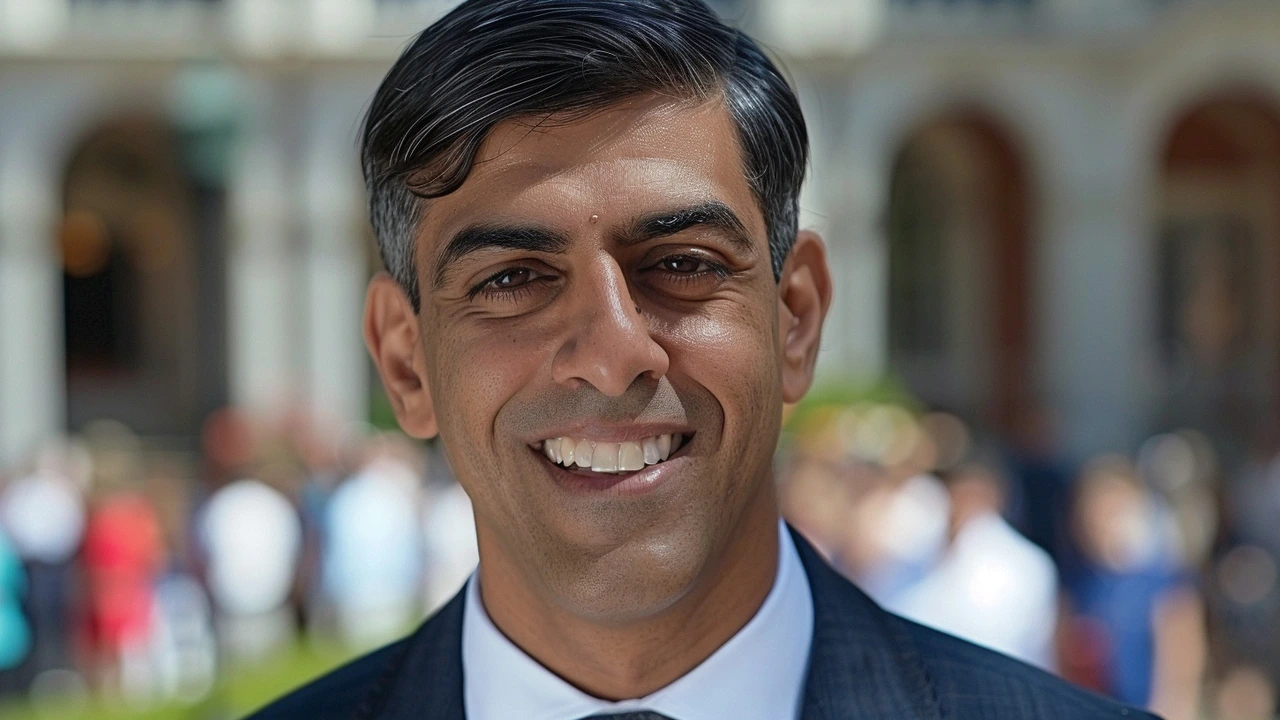Rishi Sunak: what to watch and why it matters
Rishi Sunak is the UK prime minister who came to power after serving as chancellor during the COVID-19 crisis. He’s known for a business background in finance, his focus on public finances, and a few high-profile policies on immigration and the economy. If you want quick, useful context on what he does and why it could matter to people in Africa, you’re in the right place.
What Rishi Sunak stands for right now
Sunak’s main priorities are managing the UK economy, cutting government waste, and attracting business investment. His government has pushed tighter immigration rules and plans to limit illegal crossings, including the controversial Rwanda deportation plan. On taxes and spending, he tends to favour fiscal responsibility while offering targeted support to key sectors. Expect him to keep pitching the UK as open for trade and investment.
He’s also a visible figure on global issues. The UK under Sunak often speaks on climate finance, security partnerships, and trade. That means decisions in London can ripple across African markets, from investment flows to cooperation on security and climate projects.
Why this matters for African readers
Three quick ways Sunak’s policies can affect Africa: migration rules shape diaspora moves and asylum routes; trade and investment plans influence UK funding and private deals; and security or climate commitments can change funding for projects on the continent. For example, new visa rules or trade talks can affect businesses and students, while shifts in aid budgets or investment programs directly change project timelines.
That doesn’t mean every UK decision hits Africa immediately. Look for specific announcements — trade missions, investment pledges, or aid budget changes — to see real effects. Also watch UK court rulings and parliament debates: they often shape how policies are actually applied.
Want to follow updates without getting lost in opinion? Track primary sources: official government briefings, court decisions, and reliable news outlets. That helps you separate the policy facts from pundit talk.
Practical tips: subscribe to a focused news feed (like this tag page), set alerts for "Rishi Sunak" and "UK-Africa relations," and follow UK government posts on X and gov.uk for official releases. For deeper reads, check major outlets like the BBC, Reuters, and financial coverage that reports on deals and markets.
If you’re a business owner, student, or policy watcher in Africa, keep an eye on announcements about visas, trade deals, and investment programs. They’re the most likely to have immediate, real-world impact.
Want ongoing updates? Bookmark this tag page and enable notifications. We’ll highlight the most relevant developments so you can act fast when London’s decisions matter to you.

Jeremy Hunt Bows Out of Tory Leadership Race: Key Contenders to Replace Rishi Sunak
Jeremy Hunt, Chancellor of the Exchequer, has officially announced he will not be partaking in the Tory leadership race to replace Rishi Sunak. This decision unveils a contest with several prominent names like Kemi Badenoch, Suella Braverman, Tom Tugendhat, David Cameron, and James Cleverly vying for the position. Party unity and policy direction will be central issues as candidates vie for support.

Rishi Sunak's Northern Ireland Visit: Highlights and Key Moments from the Election Campaign
UK Prime Minister Rishi Sunak visited Northern Ireland as part of his election campaign, highlighting government's efforts and plans while connecting with locals. Accompanied by Northern Ireland Secretary Chris Heaton-Harris, Sunak visited Belfast's Titanic Quarter, endorsed the Windsor Framework, and signaled support for Boris Johnson. He emphasized economic progress and willingness for public debates.